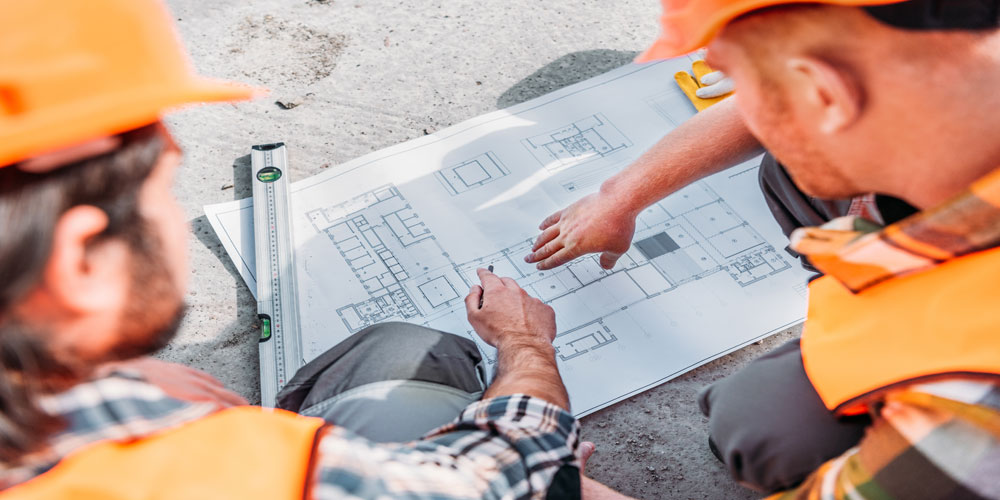Sound insulation testing is a process used to measure the amount of sound that is transmitted between two adjoining rooms or units. This testing is typically done in residential or commercial buildings to ensure that the sound transmission between different areas of the building is kept to a minimum. The goal of sound insulation testing is to provide a comfortable and peaceful living or working environment by reducing the amount of noise that is transmitted between different rooms or units. In this article, we will discuss everything you need to know about sound insulation testing.
What is sound insulation testing?
Sound insulation testing is the process of measuring the amount of sound that is transmitted through the walls, ceilings, and floors of a building. This is typically done by using specialized equipment that is designed to measure the sound pressure levels in different areas of the building. The results of this testing are then used to determine the effectiveness of the building’s sound insulation.
There are two main types of sound insulation testing: airborne sound insulation testing and impact sound insulation testing. Airborne sound insulation testing measures the amount of sound that is transmitted through the air, while impact sound insulation testing measures the amount of sound that is transmitted through the structure of the building, such as the floors or walls.
Why is sound insulation testing important?
Sound insulation testing is important for several reasons. Firstly, it helps to ensure that the building is compliant with building regulations and standards. In many countries, building regulations require that buildings meet certain standards for sound insulation in order to provide a comfortable living or working environment. Without sound insulation testing, it would be difficult to determine whether a building meets these standards.
Secondly, sound insulation testing is important for the health and well-being of the occupants of the building. Excessive noise can have a negative impact on physical and mental health, leading to stress, sleep disturbances, and other health issues. By ensuring that sound insulation is effective, building owners and occupants can enjoy a comfortable and peaceful living or working environment.
Thirdly, sound insulation testing is important for the overall functionality of the building. Excessive noise can interfere with communication, productivity, and concentration, making it difficult to carry out daily activities. Effective sound insulation can help to improve the overall functionality of the building by reducing noise levels and creating a more peaceful environment.
How is sound insulation testing carried out?
Sound insulation testing is typically carried out by a qualified acoustician or sound engineer. The testing process involves measuring the sound pressure levels in different areas of the building using specialized equipment, such as a sound level meter. The testing is typically carried out in accordance with specific standards, such as ISO 140 or ASTM E336.
During the testing process, the acoustician or sound engineer will measure the sound pressure levels in both the source room and the receiving room. The source room is the room where the sound is being generated, while the receiving room is the room that is being tested for sound insulation. The sound pressure levels are measured at different frequencies, ranging from low frequencies to high frequencies.
Once the measurements have been taken, the acoustician or sound engineer will use the data to calculate the sound insulation performance of the building. This is typically done by using a formula that takes into account the sound pressure levels in both the source room and the receiving room, as well as the frequency of the sound.
UKAS Accredited Sound Insulation Testing
APT Sound Testing are an UKAS-accredited sound insulation testing laboratory providing our valued clients with a proactive sound testing service and reliable reportage to achieve building control sign off.
All new build properties and conversions which were built after this date require 10% of each party wall/floor construction type to be tested. Sound Testing is to be carried out between pairs of rooms separated by party walls or floors.
Utilising our many years of acoustic design experience means that your project will be in safe hands from the initial design stage to the final pre-completion testing of the project.
